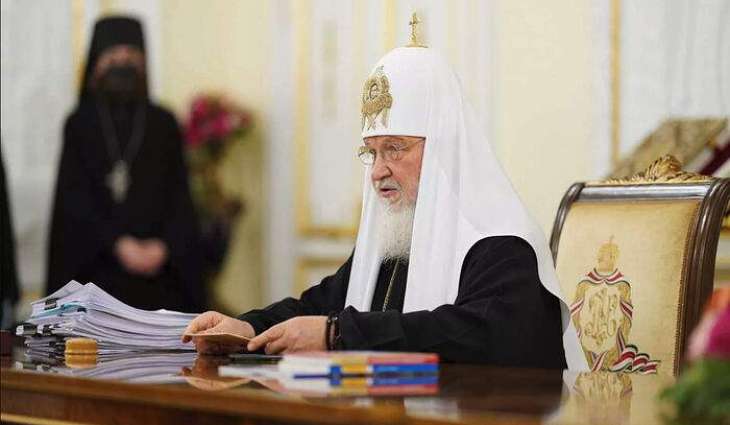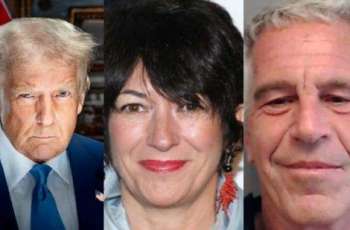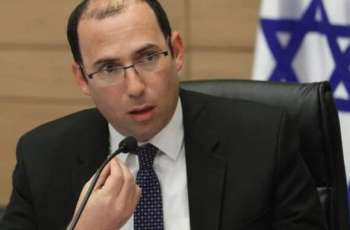Due to its historically close relationship and legacy of supporting anti-colonialism, Russia can help Africans create a truly African Orthodox church, one that is indigenous to the continent, US-born Russian Orthodox missionary Hieromonk Silouan (Brown) told Sputnik
WASHINGTON (Pakistan Point News / Sputnik - 07th August, 2023) Due to its historically close relationship and legacy of supporting anti-colonialism, Russia can help Africans create a truly African Orthodox church, one that is indigenous to the continent, US-born Russian Orthodox missionary Hieromonk Silouan (Brown) told Sputnik.
"Russia is seen today as a kind of an anti-colonial ally to Africa. So, there is already a strong bond between Russia and Africans and so, to the extent that Russia can truly enable an indigenous Orthodox church and allow people to express the fullness of Orthodox faith in ways that speak to the African heart," Silouan, who serves at the Russian Orthodox Church Outside of Russia (ROCOR) mission in Uganda, said.
Silouan noted that people in former Western colonies in Africa do not want to be occupied again in new ways and they respect the former Soviet Union and Russia for their anti-colonial stance, adding that seeing Russian flags in East Africa is not uncommon nowadays.
He expressed confidence that Orthodox Christianity would continue developing in Africa but cautioned missionaries that they should always be mindful of local conditions and respectful toward the local populations just as true Christians should.
Providing the faithful an opportunity to take care of their basic needs and helping them avoid becoming economic refugees are essential for Africans to stay with the church, Silouan said.
"I think it all comes down to empowerment. If the Russian mission in Africa empowers natives and allows the indigenous Orthodox faith to develop, as the mission did in Alaska, I am sure we will be there for generations to come," he said.
Silouan pointed out the importance of adjusting to the cultural and other traditions of the local populations. He described how his parish on Bukasa Island in Lake Victoria begin singing, drumming and dancing after the end of the Divine Liturgy, noting that such practices are a big part of the African tradition.
"It can be very disconcerting when people are drumming and dancing, but this is how the Africans express their love for Christ," he said.
ROCOR established a mission in Uganda in the early 1980s when Gerasimos Kambites, the church's Greek missionary from Canada, opened a parish there. Kambites left the country several years later and his closest supporter, Christopher Walusimbi, served as the only priest there for almost three decades.
Despite the challenges, the mission continued developing and currently accounts for about 120 parishioners and about 45 catechumens.
Silouan said it would be easy to have several hundred new believers in Africa but the lack of local clerics hinders the provision of pastoral care on a regular basis.
"This thirst for faith is amazing, but we need more priests," he said.
While sacramental life is a major part of the mission in Uganda, the mission is also trying to provide education and meet other needs of the faithful. Silouan said he has considered opening secondary schools in addition to the existing Primary schools the mission has in local villages.
"In our mission center in Uganda's capital, Kampala, we recently bought a drug store and a clinic. The idea is not only to provide services that are needed in the community but also to generate income locally that will pay salary to the people that are working in the mission, so they can afford to focus on evangelization," Silouan said.
Silouan said the priority is to establish a permanent church there so that they do not have to hold worship services under a tarp.




